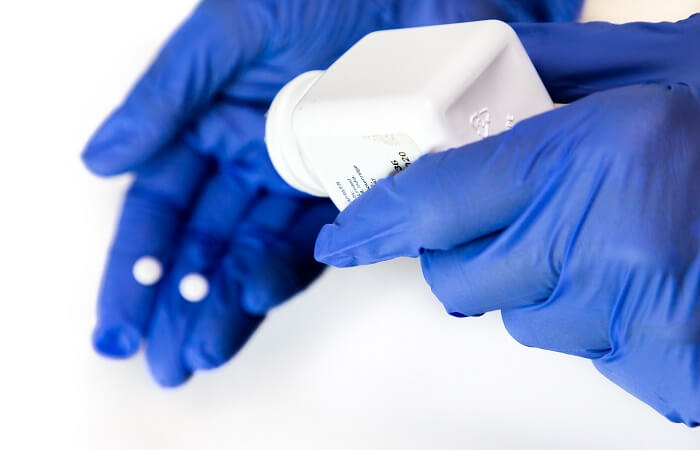An Epidemic During a Pandemic
Opioid overdoses are spiking during COVID-19.
Opioid overdoses are spiking during COVID-19.

The ongoing COVID-19 pandemic is hitting us all hard in myriad different ways, including everything from anxiety, escalating unemployment rates, and of course, death. One of the groups hardest hit, however, have been those struggling with an opioid addiction . Thirty-five states have seen significant increases in overdose deaths since COVID began in earnest in March. This increase has been particularly dramatic in some areas: in Chicago, for example, there has been a 50% increase in overdoses in comparison to this time last year . The severity of the situation was underscored further by the CDC’s recent release of 2019 overdose data , which revealed that overdose deaths set records high in 2019, rising by 4.8% to 70,980 total, with 50,042 of those deaths due to opioids.
The humbling takeaway here is that despite all our collective efforts, the opioid epidemic has been getting worse. And now during COVID-19 it’s not just growing – it’s surging, carrying away thousands of lives in its wake.
Why is this happening? Four main factors are driving the COVID-19 increase:
High levels of stress, leading to poor coping choices
We’re all living in a shared reality right now where anxiety and stress are higher than any time in recent memory. One of the byproducts of this has been an increase in use of intoxicants and addictive behaviors of all types, including alcohol, marijuana and online gambling. Opioids are following the same trend: When someone has a substance use disorder, that substance is their go-to “solution” or coping mechanism in times of stress. Add in the increased presence of fentanyl – an opioid up to 100 times stronger than heroin – and you have a perfect storm for more overdoses.
Fear of attending treatment
Many people are apprehensive to attend medical settings of any type during COVID-19, unless in the event of an extreme emergency. Unfortunately, this means that substance use disorders now have more time to grow without early intervention, which raises the chance that an overdose may occur.
Suspension of outreach, health campaigns and opioid-related projects
From naloxone availability to physician prescribing patterns, many initiatives in the public and private sector have been disrupted due to the pressing urgency of responding to the pandemic. Since then, these initiatives have been slow to restart, driving critical changes all along the spectrum of the opioid epidemic.
Cuts to programming due to financial strains
The progression of most substance use disorders may eventually include the loss of employment, which often corresponds with the loss of commercial health insurance and other wellbeing benefits. Prior to COVID-19, there were already huge shortages in public aid treatment providers for addiction despite the demand, and the financial strain of COVID-19 has only exacerbated this problem, with many states slashing their treatment budgets.
The current spike in overdose deaths is a clear wake-up call that our work on the opioid epidemic is nowhere near over. Our 2020 overdose mortality data will make the 2019 increase pale in comparison - a significantly disturbing forecast to all of us. More than that, though, it needs to be a call to action.
Employers have a role to play in supporting the stress, emotional and mental health considerations of their employees. This includes supporting employee wellbeing, and paying specific attention to the intersection of the COVID-19 pandemic and the opioid crisis, given how mental health issues and substance use and misuse intersect. Your employees are your greatest resource, and there is an open opportunity now to clearly show them that their organization values and understands them. Strongly consider providing specialized wellness resources and services, directed specifically at promoting and developing healthy coping habits; additionally, emphasize to employees the importance of paying attention to any opioid use (prescribed or otherwise) and to reach out for help if they are experiencing any patterns of concerning or escalating use.
Our attention has been captured by COVID-19 for the past several months, but we simply must have the capacity and agility to work on both the coronavirus pandemic and other urgent public health crises at the same time. Anything less will lead to more tragedy through unnecessary death.
We can, and we must, do more.
If you liked this post, sign up for a once-a-month digest of our best posts from Safety First.
With a century-long legacy, the National Safety Council is a global center for safety expertise. Let's work together to align resources. We look forward to learning about ways we can join efforts to expand safety everywhere!
There are no items in your cart